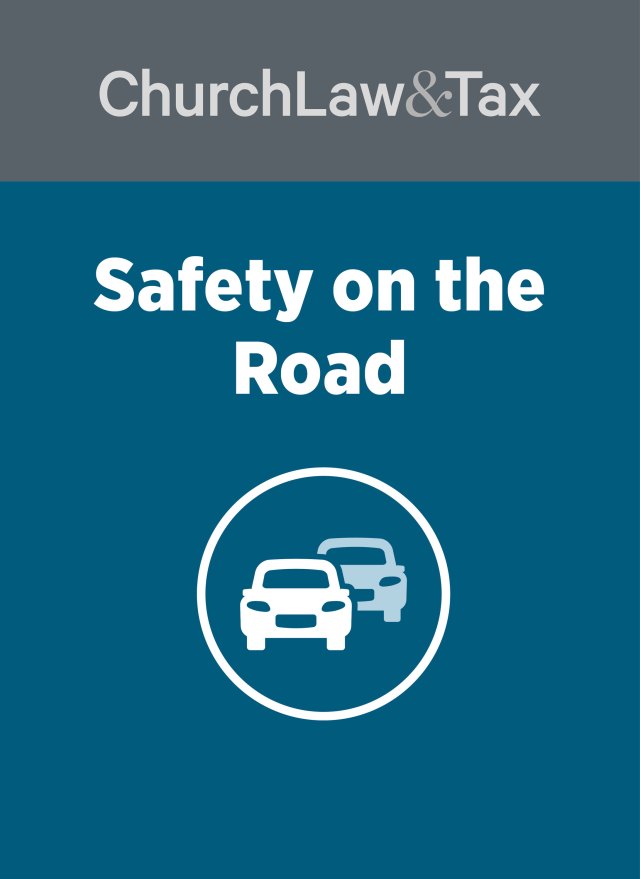Does your church have a vehicle that is made available to pastors or other church staff members for both business and personal use? If so, have you considered whether your church insurance policy would cover an accident involving the vehicle while it was being driven by a child of the pastor or staff member? A New York court addressed this important question in a recent case. A company owned a vehicle that it provided to an employee for business and personal use. It was insured under a “business auto policy” that provided coverage to anyone using the vehicle with the company’s permission. The company adopted a corporate policy specifying that the vehicle was to be driven only by the employee and his wife. However, the employee permitted his teenage son to drive the car, and the son caused an accident that seriously injured a father and his infant daughter. The company was sued, and its insurance company refused to provide a defense or assume any liability for the accident on the ground that there was no insurance coverage under the policy unless the vehicle was being driven by the employee or his wife. A court agreed with the insurance company. It noted that the company “was within its rights to limit the use of its company cars to its employees and their spouses” and that the insurance company provided coverage “for that limited risk.” Since the teenage son’s use of the car was not permitted by company policy, the insurance company was free to deny coverage.
What is the significance of this case to church treasurers? It illustrates the importance of being familiar with any limitations in your church insurance policy pertaining to church-owned vehicles. Now is a good time to review your church’s insurance policy to see what limitations apply to accidents involving church-owned vehicles. If coverage is limited to “authorized users” of a vehicle, has the church adopted a policy defining which persons are authorized to use each vehicle? If so, it is essential that unauthorized persons not be allowed to drive a vehicle. Any exceptions, however well-intentioned, could lead to the terrible result that happened in this case—catastrophic injuries with no insurance coverage. Jasper Corporation v. Dunikowski, 645 N.Y.S.2d 88 (A.D. 1996).
This article originally appeared in Church Treasurer Alert, June 1997.


